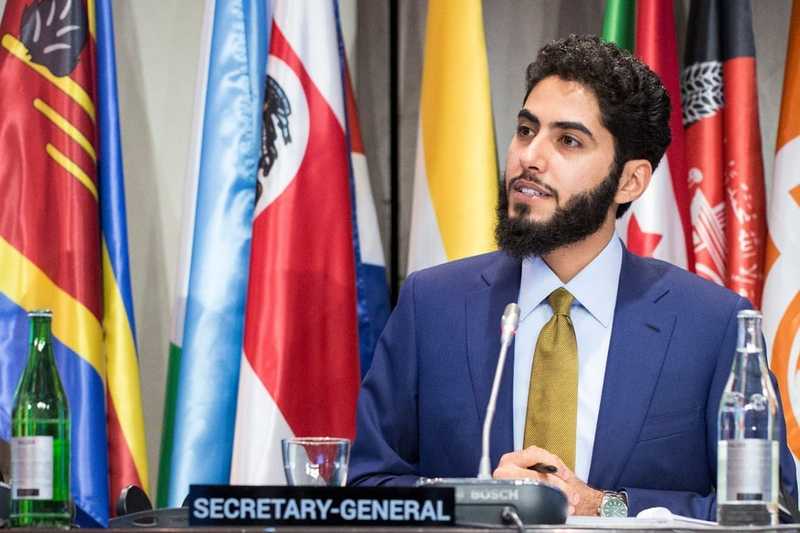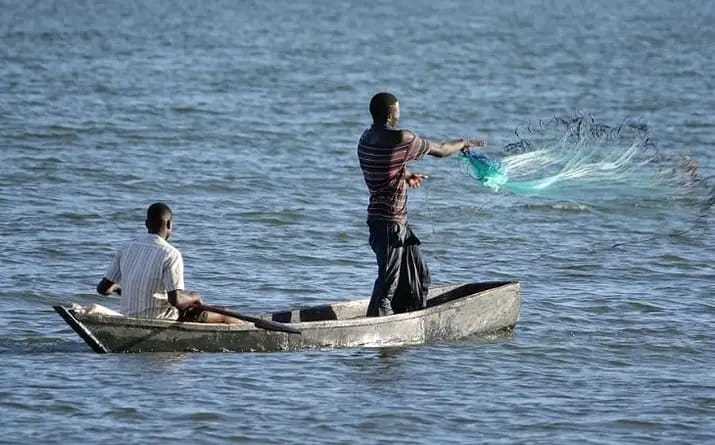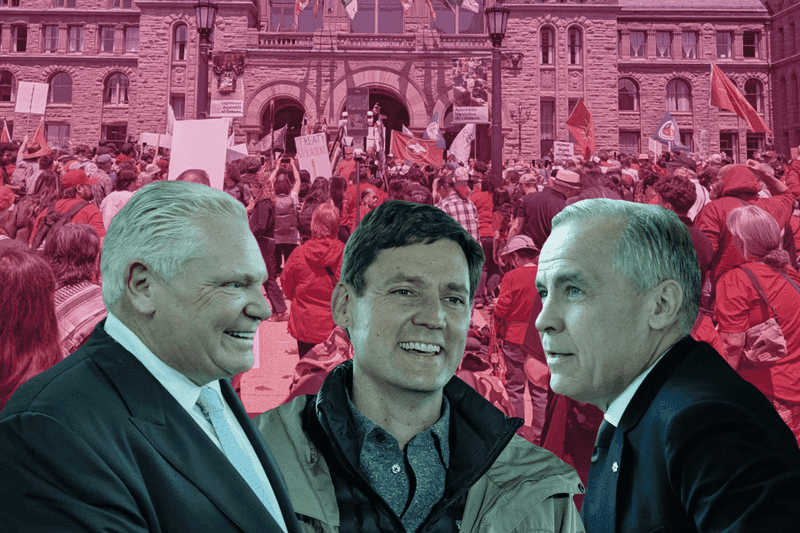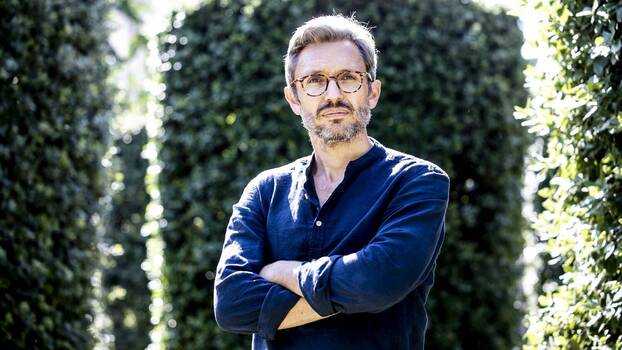
Your Excellencies,
Distinguished delegates to the Havana Congress on the New International Economic Order,
Ladies and gentlemen,
Three years ago to the day, thousands of kilometres away from the city where you have today assembled, united by a common purpose, an International Summit launched its works, to conceive a new, multilateral and solidary instrument of and by countries of the Global South: the Organisation of Educational Cooperation.
Not too dissimilar from your own motivations, the Summit of 27 January 2020 recognised that a certain kind of multilateralism seemed to be disappearing, and was being mourned in many circles. Yet the Heads of State and Government, high-officials, and organisations present refused to join in the grief of the international community – not because of a lack of belief in, or commitment to, multilateralism, for on the contrary, their very meeting was predicated on the recognition that multilateralism is not an opportunistic choice, but an unavoidable necessity, the only manner in which we can defend Humanity’s indivisible interests and realise its indissoluble aspirations.
We were, however, aware that not all forms of multilateralism are created equal – for unless there was equality amongst parties, equity in their relations, and solidarity rather than charity, multilateralism would only reproduce the very imbalances and injustices that it had to address.
Accordingly, in founding the OEC, countries and organisations from across the Global South were determined to contribute to the construction, through balanced and inclusive educational cooperation, of a new, humanistic kind of multilateralism, standing as proud example of our shared values put into practice, where the operational principle would be: from each Member State according to their ability, and to each Member State according to their need.
Since then, an unprecedented pandemic which has further marginalised the already marginalised later, we also recognise that to speak of the education we need, beyond general principles, requires – with all due respect to those who have the treacherous certainty that all quality is quantifiable – precisely that: identifying what it is that we need, which entails that we must first define, collectively, the future that we want.
For in a world that is more unequal than it was three years ago, in which our social contracts have not only shown their limits, but are also unfurling, and in which the equilibria of our ecosystems are on the point of being irreparably undone, it is not only our education systems that must be transformed, but also our entire development models.
Yet, it seems that it is easier for society to imagine the demise of the world, the extinction of humanity, the end of history than to conceive of the end of the systems which have led the world to the point of unmaking itself.
This can be explained by three, intimately linked factors:
First, to paraphrase Debray: whilst we have known, in the past, the Internationals of hope, today, we have discovered the international of anxiety. And whilst our fear of a climate catastrophe is legitimate, and, to an extent, necessary, fear alone is not fructuous – it is, at best, merely reactive, as we strive to avoid tragedy; and, at worst, it is entirely paralysing.
Second, because it is impossible to imagine the end of a status quo without, first, conceiving its replacement. There can be no deconstruction without the plans for the reconstruction.
Third, and finally, because we have lost, as demonstrated at an international scale during the height of the pandemic, the sense of collective action. So enveloped we have become by the individualism of our development models that we have forgotten that a collective is not many people, doing the same thing, at the same time, but a coordinated, purposeful, and multi-pronged struggle, with a keen consciousness of a community of destiny. For the future shall be collective, or it shall not be at all.
In light of the aforementioned, the OEC has launched the preparations for the Congress of the Greater South, a project carried by our General Assembly, Member States and Associates alike, in December 2021. This initiative has for objective the outlining – for Humanity, yet from and by the South – a third way of development, one which, in the face of “uniformising processes which disguise as egalitarian standards and reproduce inequalities” – to cite our founding Declaration –, implies a multiplicity of forms and models.
For we must have “el sentido del momento historico”, if we are to “cambiar todo lo que debe ser cambiado”. And today, in this particular point of history, recognising the need to build a more just and sustainable world order, we must also acknowledge that now is not the time for division and petty quarrelling. Our countries and peoples share some fundamental, inextricable interests which transcend political differences. For, in the words of Paulo Freire, “one cannot expect positive results from an educational or political action programme which fails to respect the particular view of the world held by the people. Such a programme constitutes cultural invasion, good intentions notwithstanding.”
Accordingly, covering every aspect of what it means to live and to make society, from education to the economy, passing by health and technology, the Congress of the Greater South will be composed of three, extensive consultations, bringing together intellectuals, civil society, and governments – from across the political spectrum – to conclude with a Summit of Heads of State and Government, in the presence of the consulted, to adopt a common framework and a concrete plan of actions to undertake the collective construction of a third, alternative and equitable way of development – from the South, and for Humanity.
And at this Havana Congress, for which you have all convened today, in addition to being of particular importance in its own right, will also complete and enrich recommendations during the consultations for the Congress of the Greater South.
We have a collective, historic duty of gargantuan proportions. It is dwarfed, however, by the solidity of our common principles, the vigour of our shared ideals, and the power of the truth which we speak as one.
This will not be easy. The road will certainly be long and arduous. The river, however, by intransigent determination, forges the rock. And we are resolved, together, to flow through any dam until the future that we want, and that Humanity deserves, has been forged. The clock is ticking.





